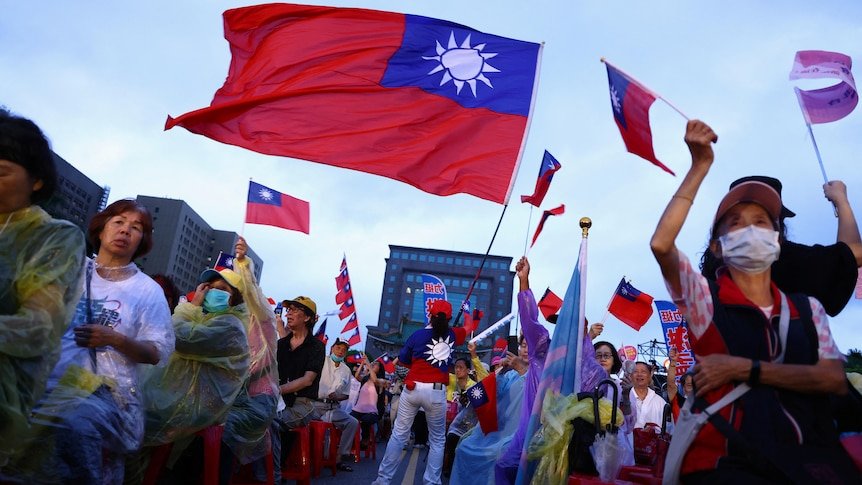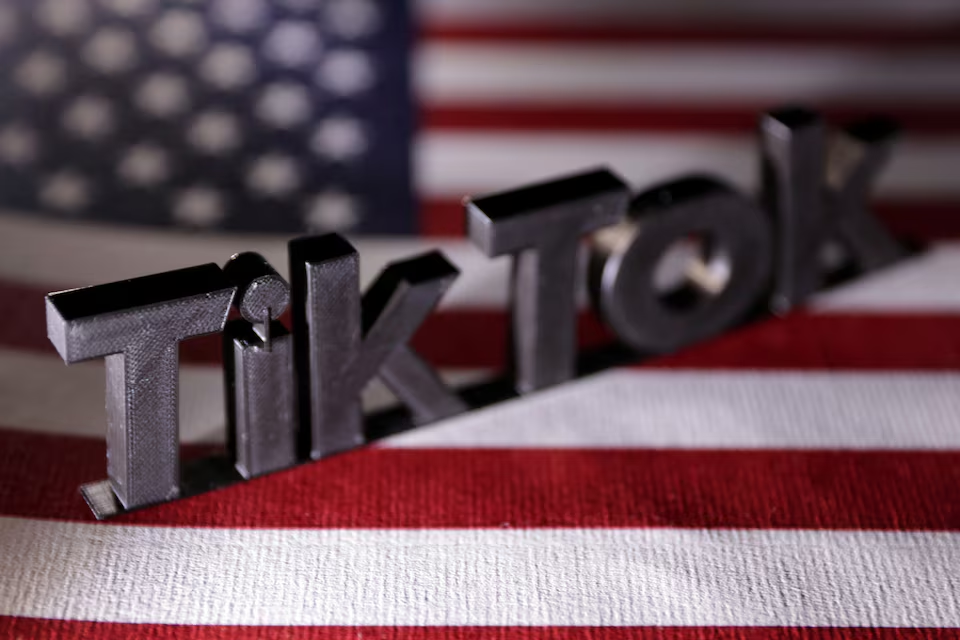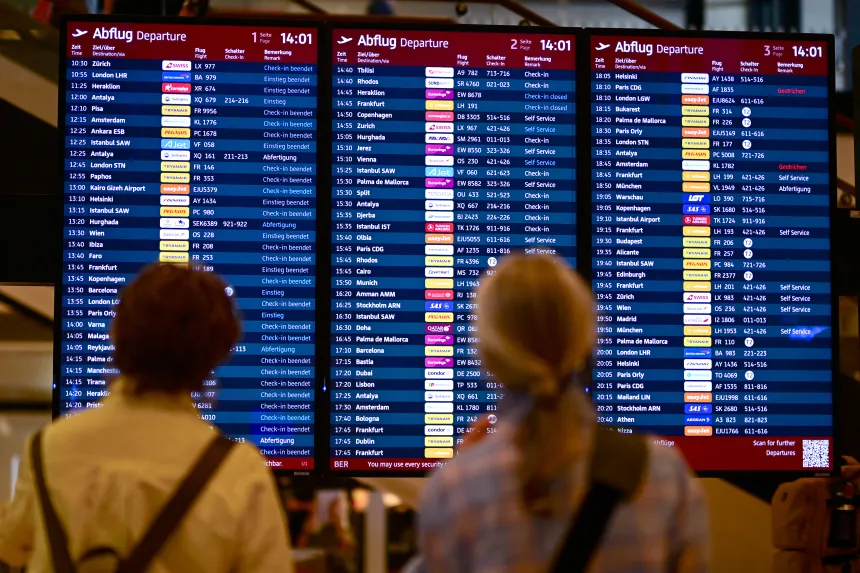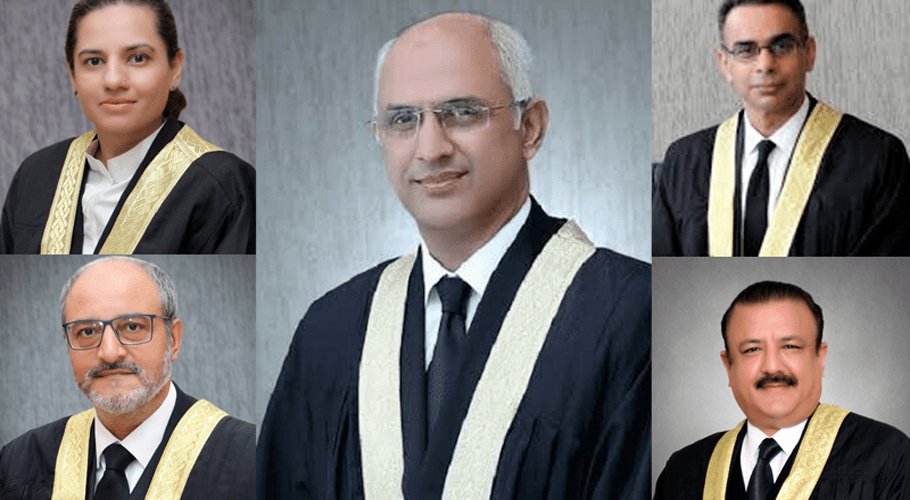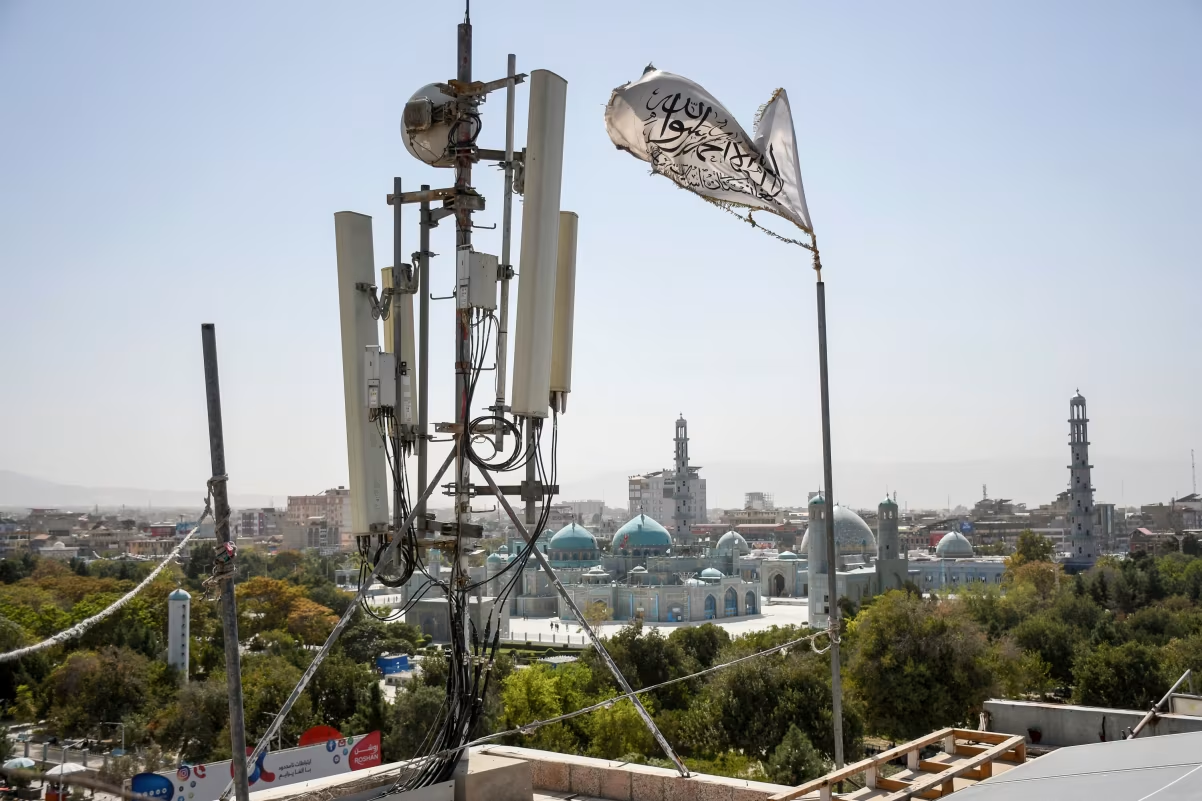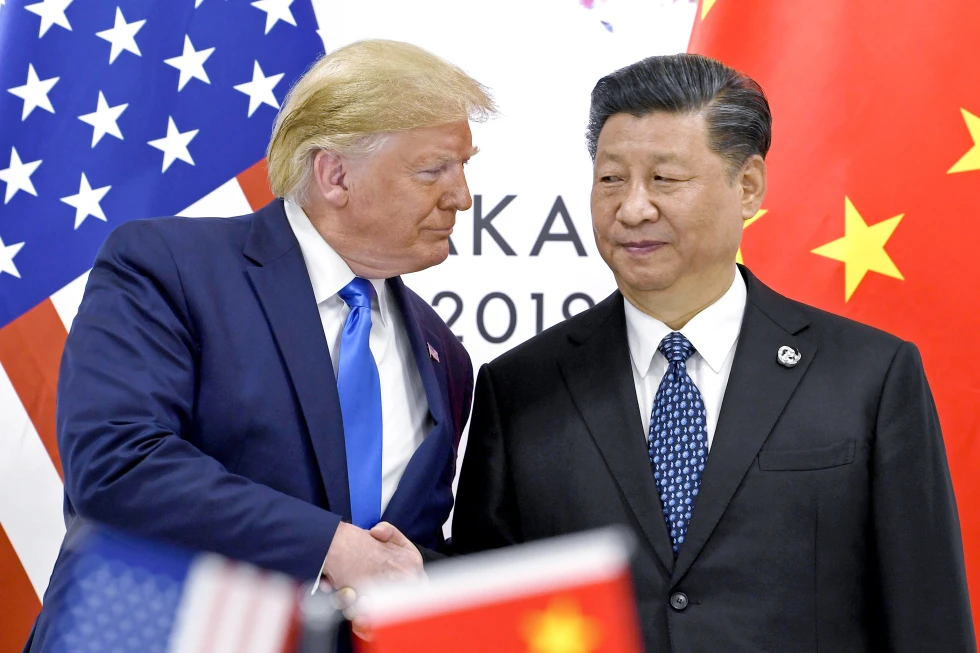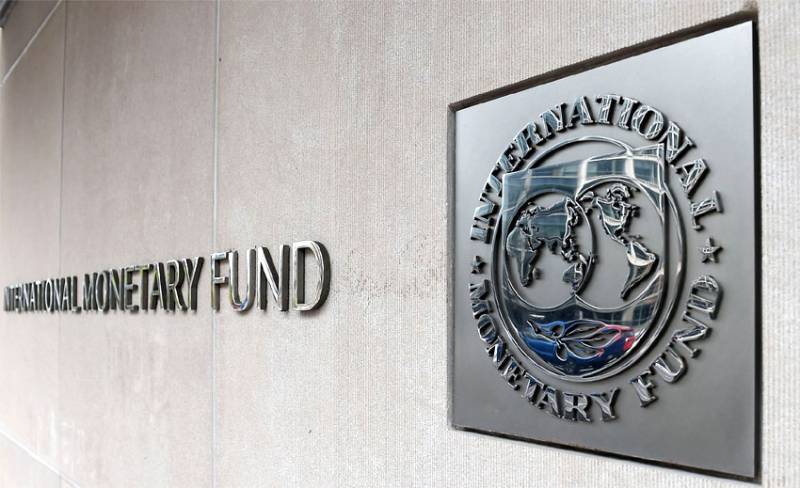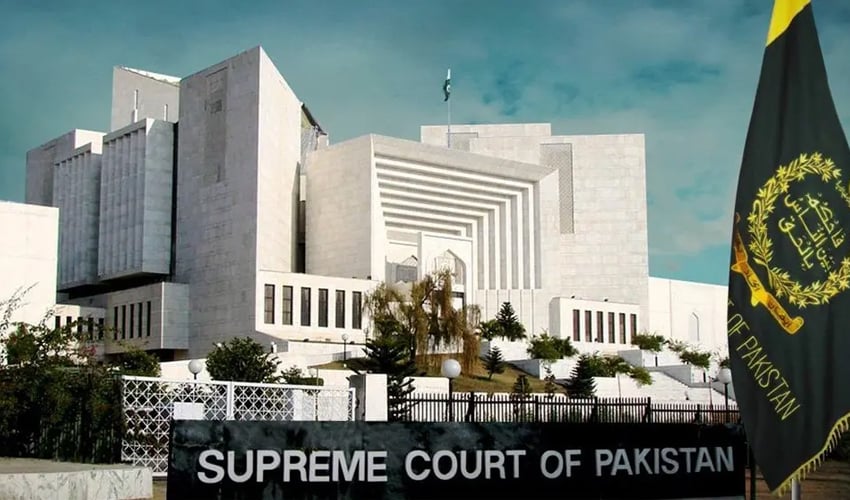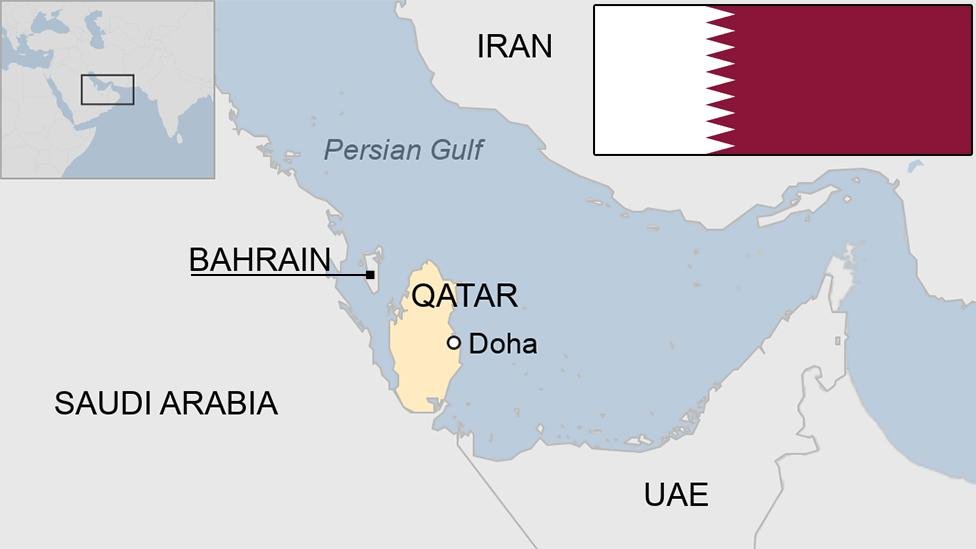Taiwanese voters are heading to the polls in an unprecedented recall election that could remove 24 opposition lawmakers just a year after they were elected, potentially tipping the legislative balance in favor of President Lai Ching-te. The outcome of this campaign not only threatens to strengthen the president’s mandate to move Taiwan further away from Beijing’s influence but also risks inflaming already heightened tensions with China, which continues to assert its claim over the island.
The recall movement, described by experts as one of the most extensive ever attempted against a national legislature, is being closely watched as a test of Taiwan’s democracy. While previous recall efforts in Taiwan have been limited and rarely successful, this initiative targets two dozen members of the Nationalist Party, with several more facing votes in the coming weeks. The process requires campaigners to gather sufficient signatures in two rounds before a vote is triggered, and under election law, at least a quarter of registered voters must support the removal for it to pass. Lawmakers who are recalled cannot run in the subsequent by-elections, which must be held within three months.
The stakes are high for President Lai Ching-te. If enough opposition lawmakers are recalled, his Democratic Progressive Party could temporarily secure a legislative majority, making it easier for Lai to pursue policies aimed at reducing Taiwan’s economic dependence on China and appointing preferred judges. Currently, the Nationalist Party holds a plurality in the legislature, often blocking the president’s initiatives with the support of the smaller Taiwan People’s Party.
China is observing the situation with growing concern. Any significant shift in legislative power could prompt Beijing to increase its pressure on Taiwan, possibly through military drills or diplomatic isolation. Chinese officials have already criticized the recall campaign, accusing it of suppressing dissenting voices and warning against moves toward Taiwanese independence. President Lai, who has publicly advocated for Taiwan’s distinct national identity, is expected to visit diplomatic allies in Latin America soon—an action likely to further aggravate Beijing, especially if it includes stopovers in the United States.



